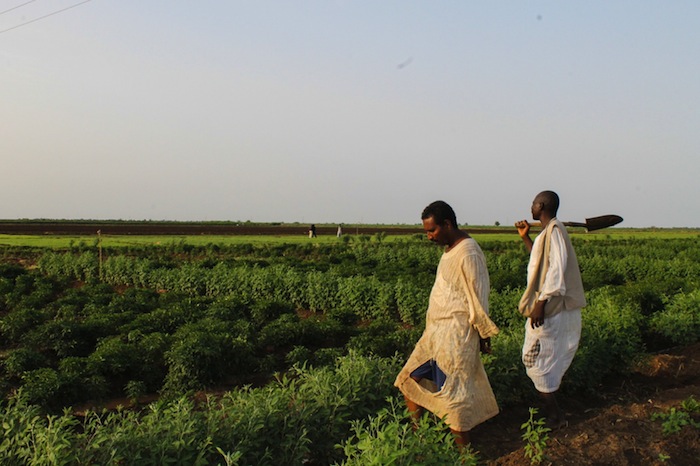Several African communities in areas prone to floods have resulted to growing crops in soils left behind by floods in a practice called flood recession agriculture. The practice, according to a study, has been seen to improve smallholders’ incomes, food security and livelihoods. Bedru Balana, co-author of the study and a senior research scientist at the International Food Policy Research Institute asserted that as a low-input, less fertilizer agricultural practice, flood recession agriculture can help farmers increase food production and thereby enhance food security.
The study further adds that promoting flood recession agriculture has the potential to reduce seasonal migration during the dry season to cities. For instance, combining cowpea, groundnut and melon with high-value cash crops such as onion, pepper and tomato would optimize household income and enhance food security. Balana adds that the cash income generated from the sale of cash crops will be sufficient to buy up to three months of food to reduce an average household’s food insecurity. Balana tells SciDev.Net that despite the potential of flood recession agriculture along the floodplains of northern Ghana, the government has not given sufficient attention to promote it.
Baba Inusa, an irrigation agronomist at the Savanna Agricultural Research Institute, Ghana, lauds the researchers for collecting both survey and focus group discussion data at multiple times, and says that the positive outcomes of flood recession agriculture identified by the study are not surprising, Inusa explains that floods cover a vast extent of fertile land that could be cultivated with no need for fertiliser because of the nutrients that the floods leave behind. Furthermore, lack of adequate support from policymakers for flood recession agriculture with irrigation and other inputs such as improved seeds will result in heavy losses for the smallholder farmers.








